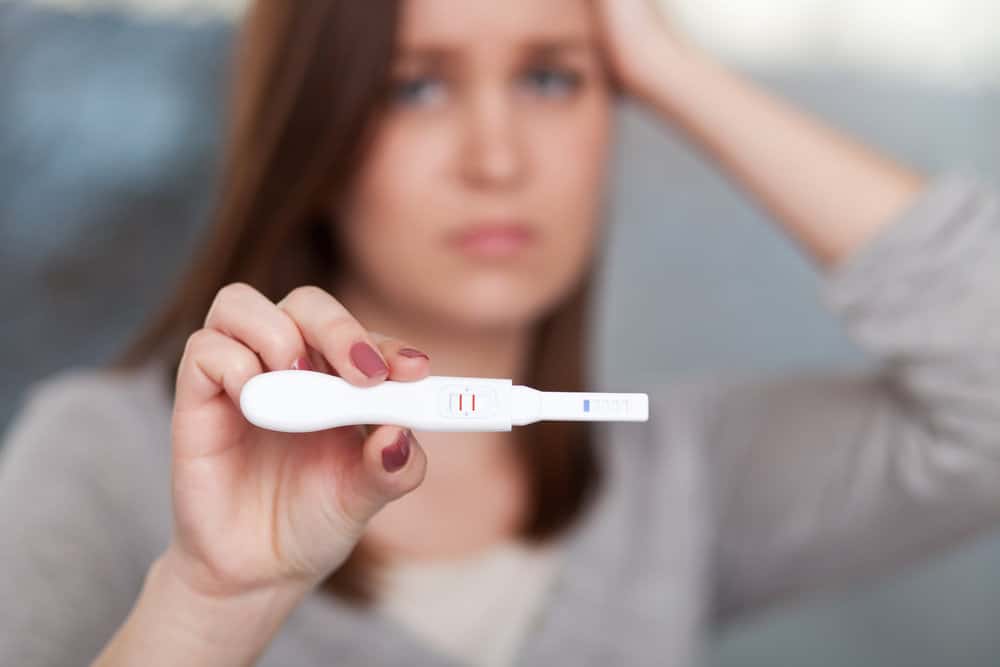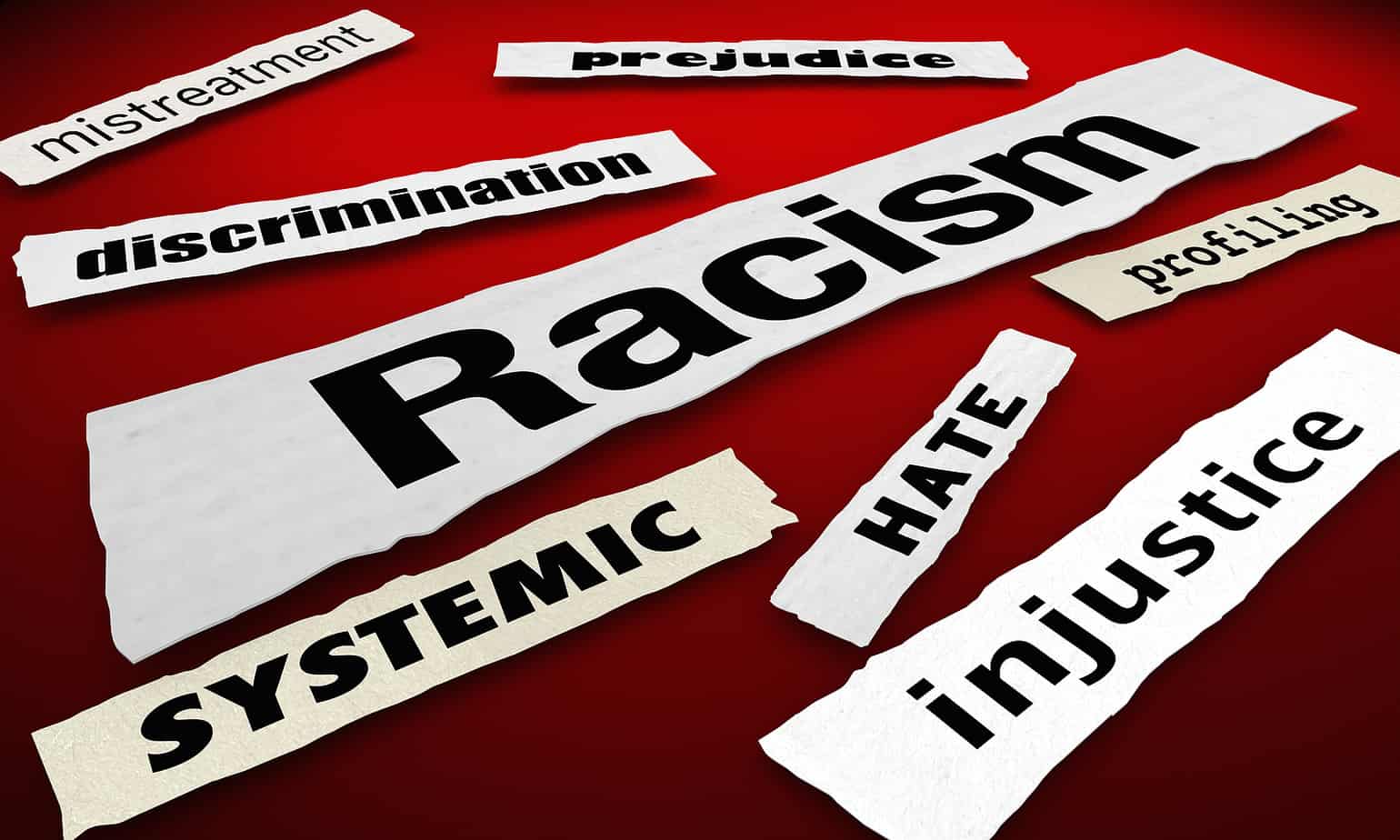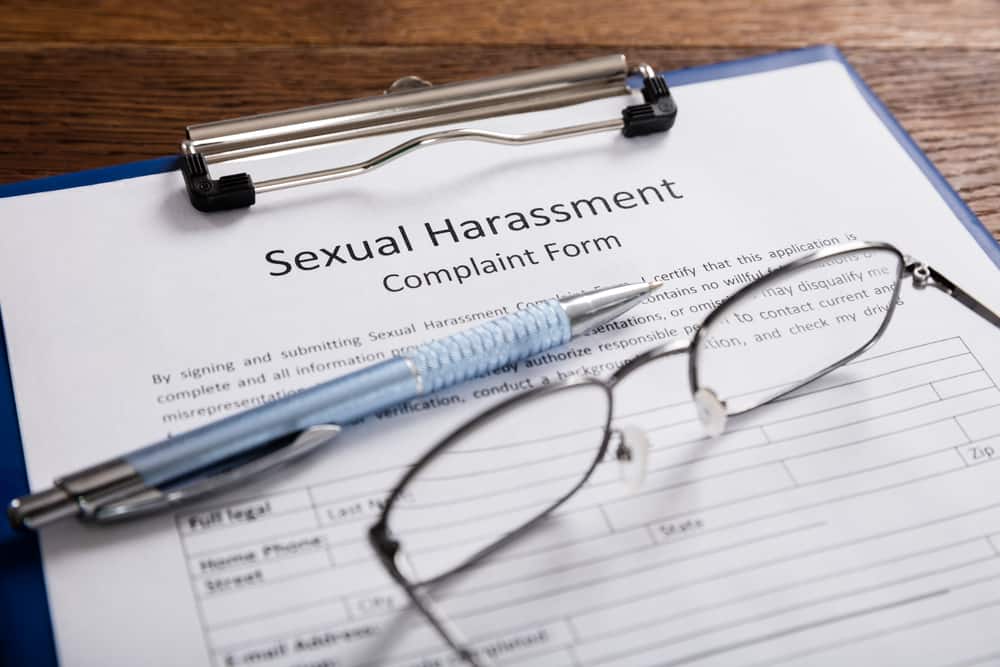In recent years, abortion has taken center stage in Indiana, as legislative changes have significantly impacted the accessibility of the procedure. Indiana’s legislature made history by becoming the first state to pass an abortion ban after the U.S. Supreme Court overturned Roe v. Wade. This action has garnered national attention and sparked a vigorous debate among Hoosiers and lawmakers alike.
Despite the state’s abortion ban being temporarily blocked in court, Indiana still imposes several restrictions on the procedure. For instance, patients must receive state-directed counseling that includes information intended to discourage them from pursuing an abortion, followed by a mandatory 18-hour waiting period before the procedure can be performed. This has raised concerns among advocates for reproductive rights, who argue that these barriers may create undue hardships for individuals seeking abortions.
While the future of abortion access in Indiana remains uncertain, the state’s experience highlights the ongoing battle in the United States over reproductive rights and the strategies employed by proponents of both sides. Moreover, it is worth noting that these developments are not isolated to Indiana and may represent a broader trend across the nation.

Indiana Abortion Laws
Current Legislation
In Indiana, abortion is currently legal up until 22 weeks of pregnancy. However, a recently passed ban on abortion faces a temporary block in court after the US Supreme Court overturned Roe v. Wade, returning abortion regulation to the states. Since the court decision, Indiana has been one of the first states to pass such a ban.
The recently passed Senate Bill 1 addresses various aspects of abortion laws and regulations in Indiana. It establishes the prosecutorial oversight task force and requires the maternal mortality review committee to study the effects of changes in Indiana’s abortion laws on maternal mortality until June 30, 2027.
History of Abortion Laws
Before the overturning of Roe v. Wade on June 24, 2022, in the case of Dobbs v. Jackson Women’s Health Organization, abortion was a federally recognized constitutional right. This decision enabled states to enact abortion regulations and restrictions, including Indiana.
Indiana’s abortion laws have seen many changes over time. However, with the recent ban passed by the Indiana legislature, the state has significantly restricted access to abortion services. This legislative movement is supported by Indiana’s Governor, Eric Holcomb, who has previously signed restrictive abortion bills into law.
In conclusion, Indiana’s abortion laws have become more restrictive following the overturning of Roe v. Wade. The current legal status of abortion in Indiana remains uncertain as the recent ban faces challenges in court.
Exceptions and Access
Rape and Incest Cases
Indiana’s near-total abortion ban includes some narrow exceptions. For example, the law permits abortions for victims of rape and incest. These exceptions aim to relieve those subjected to sexual violence, recognizing the potential emotional and physical repercussions that may result from carrying the pregnancy to term.
Abortion Facilities
Abortion access in Indiana is available through certain facilities such as outpatient surgical centers and hospitals. These facilities have the resources to offer safe and appropriate medical services to patients seeking abortions. It is crucial for patients to have access to professional physicians and healthcare providers who are knowledgeable about the procedure and the exceptions permitted under the law.
Medication Abortion Access
Medication abortion is a non-invasive method of ending a pregnancy through medications like mifepristone and misoprostol. The availability of medication abortion in Indiana may be subject to changes as the state legislature convenes. However, current access to these medications is essential because they offer an alternative to surgical abortions, giving patients increased control over their reproductive health decisions. This accessibility can play a significant role in easing the burden on abortion facilities and ensuring that all eligible individuals can access necessary care.

Legal Challenges and Court Cases
Roe v. Wade and Indiana
The landmark Supreme Court decision for abortion rights, Roe v. Wade, has dramatically impacted abortion laws in Indiana. Over the years, Indiana has had multiple legal challenges to its various abortion regulations. State courts have played a critical role in examining and deciding these cases.
Planned Parenthood Suits
Planned Parenthood has actively fought against restrictive abortion measures in Indiana. They’ve partnered with several organizations and filed lawsuits to challenge the state’s strict abortion rules. For instance, Planned Parenthood took legal action against Indiana’s requirement for abortion providers to bury or cremate embryonic or fetal remains. Still, the U.S. Supreme Court declined to hear the challenge.
Preliminary Injunctions
Preliminary injunctions have played a crucial role in delaying the enforcement of certain abortion restrictions in Indiana. In 2022, a lawsuit challenging Indiana’s near-total abortion ban was filed, resulting in abortions remaining legal in the state through at least the end of the year. The state Supreme Court is set to hear the case, as the ban only allows abortion if the pregnant person’s life is at risk. This ongoing legal battle could potentially shape the future of abortion access and rights in Indiana.
Legislative Actions and Impact
Republican Efforts
In Indiana, the Republican-controlled legislature has made significant efforts to restrict abortion access. For example, during the 2023 session, the Indiana General Assembly introduced and passed Senate Bill 311, which reestablishes the licensure of abortion clinics and changes statutes concerning when an abortion may be performed. This bill effectively eliminated abortion access in the state for more than 1.3 million women and people of reproductive age.
Additionally, Senate Bill 309 was introduced, providing that the general assembly convene in an “initiated session” to consider legislation restricting abortion if the United States Supreme Court overrules critical cases such as Roe v. Wade, Doe v. Bolton, or Planned Parenthood of Southeastern Pennsylvania.
Overturning Abortion Bans
Following the overturning of Roe v. Wade, Indiana lawmakers continued to challenge abortion rights. As a result, the state became the first to pass a near-total abortion ban since the Supreme Court’s decision4. This legislation was met with opposition from advocacy groups and legal challenges.
As a result, Indiana’s attorney general and other legal representatives are responsible for responding to these challenges to ensure that the laws and their enforcement are constitutional.
Effects on Reproductive-Age Women
The impact of the legislation on reproductive-age women in Indiana is significant. Across the state, many women and people of reproductive age have found their abortion access severely restricted. This may lead to increased financial and emotional burdens as individuals are forced to travel to neighboring states or seek alternative, potentially unsafe means to access abortion services.
Furthermore, these restrictive measures can contribute to increased disparities in access to reproductive healthcare, disproportionately affecting low-income and rural communities where clinics may be few and far between.
FAQs
Is abortion legal in Indiana?
Yes, abortion is currently legal in Indiana. However, the state legislature has recently passed an abortion ban temporarily blocked in court.
What are the restrictions or exceptions in Indiana abortion laws?
Indiana residents seeking abortions should be aware that certain restrictions are in place. Exceptions to the abortion ban include cases of rape, incest, or when the mother’s life is at risk.
How late into the pregnancy can one obtain an abortion in Indiana?
In Indiana, abortions are generally allowed until the “viability” stage of pregnancy, usually around 24-26 weeks. However, stricter laws may apply in certain situations, and it is recommended to consult a medical professional for specific information.
What if my pregnancy doesn’t fall under the exceptions?
For those whose pregnancies do not fall under the exceptions in Indiana, traveling to Illinois might be a viable option. In Illinois, abortion is legal until the “viability” stage, typically around 24-26 weeks of pregnancy.
What medications are used for a medical abortion?
Mifepristone and misoprostol are two medications commonly used for medical abortions. Mifepristone blocks the hormone progesterone, while misoprostol helps the uterus expel the pregnancy. A healthcare provider can prescribe these medications for early pregnancy termination.




